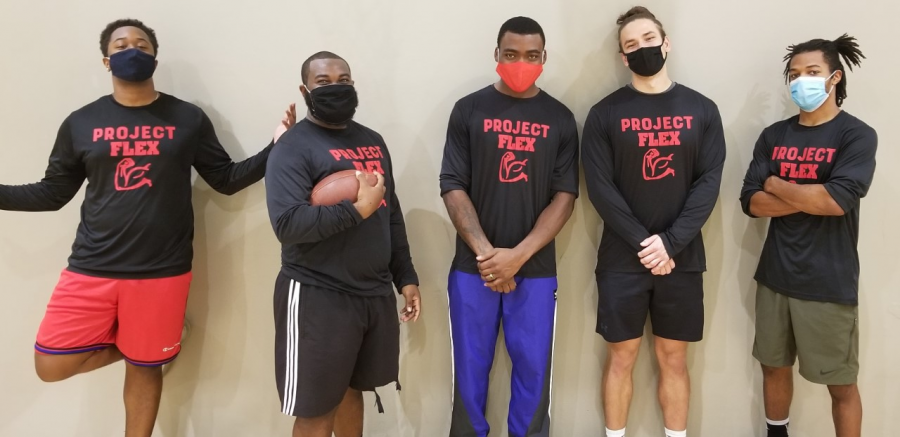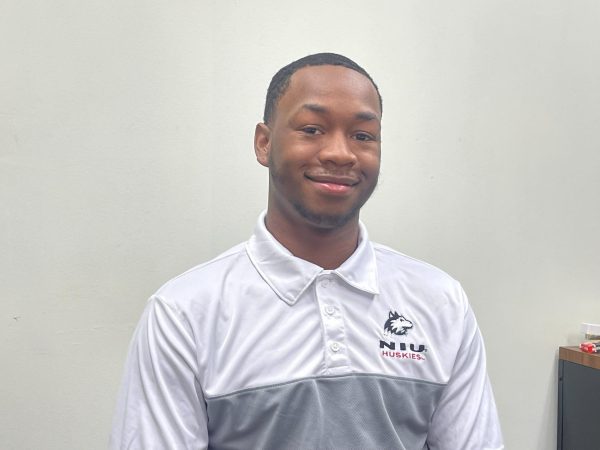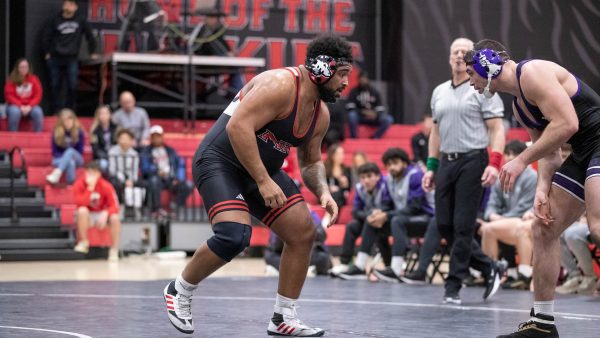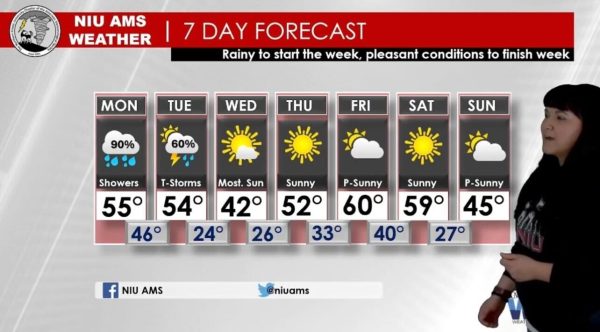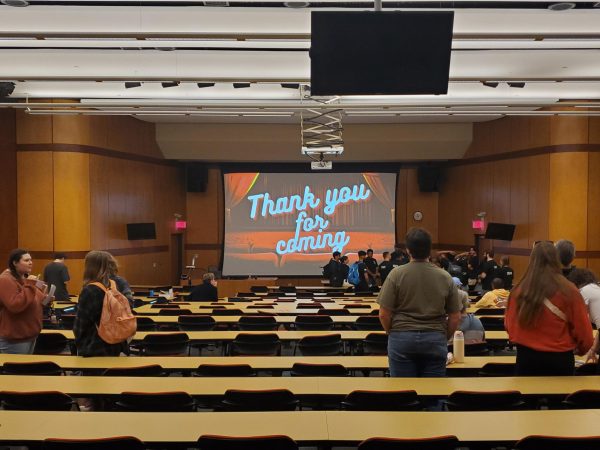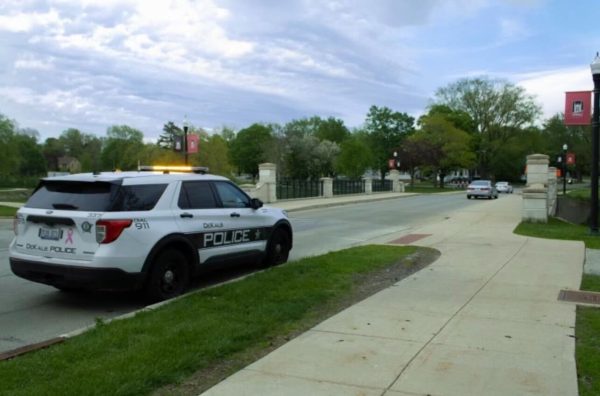Graduate students mentor incarcerated teens through exercise
Photo Courtesy of Project FLEX
Graduate students Javon Davis, Antonio Holloway, Ken Riley, Barrett Kaeb and Izaiah Webb.
December 23, 2020
DeKALB – With the COVID-19 pandemic, Project FLEX continues to work towards its mission of helping incarcerated youth through exercise. The program was shut down in March and reopened in September due to the pandemic.
Project FLEX is a program created at NIU that gives incarcerated youth the opportunity to work on their physical activity at the Illinois Youth Center in St. Charles, while also obtaining life skills. FLEX stands for fitness leadership experience.
The program started in October 2018 and was co-founded and is co-directed by Jenn Jacobs, assistant professor of kinesiology and physical education and Zachary Wahl-Alexander, associate professor of kinesiology and physical education.
Jacobs and Wahl-Alexander chose to collaborate because they have worked in the same field, and also with incarcerated youth in their doctoral programs, said Wahl-Alexander.
Project FLEX gave them the opportunity to “positively impact as many kids as possible, especially kids that really need those types of positive relationships,” Wahl-Alexander said.
There are many activities in Project FLEX, such as group sports sessions that meet twice a week to play a different sport each time.
“The goal is healthy competition and positive interaction, but then also learning a specific life skill like focus on leadership or teamwork,” Jacobs said.
Project FLEX also has the Swole Patrol program; it offers one-on-one personal training for children who would like to focus on more individual, specific fitness goals. Both programs are run by graduate students in the Kinesiology and Physical Education Department at NIU who are Project FLEX volunteers.
The Swole Patrol program and sport sessions can also be led by NIU graduate students who are in the Kinesiology and Physical Education Department. Javon Davis, program administrator and coordinator, said he also likes to teach nutritional values to the boys.
“They can learn how to eat better and establish a consistent work ethic to meet their body,” Davis said.
There is also another program that allows some of the children and leaders of Project FLEX to experience a day in the life of a college student. The participants have a chance to attend a class at NIU, where they are given a tour of the campus and are able to interact with other students.
Jacobs said since many have not considered college as a future for them, it gives them “a vision of what their future could look like.”
Many kids are in the detention center for severe crimes and are 14 to 20 years old, Jacobs said.
Jacobs said many of the youth have promising talents and great personalities. Some are aspiring musicians and others are interested in business. With time, the volunteers and graduate students are able to form relationships with them.
Project FLEX allows volunteers to understand the unfamiliar process within prison settings, Jacobs said.
Jacobs and Wahl-Alexander want to get rid of the biases that surround people who are incarcerated.
Currently, the members of Project FLEX continue to meet four times a week and masks are required for everyone. The staff members are required to social distance or remain six feet apart. Since the kids live together, it is not required of them, Jacobs said.
“I think that we all showcase different forms of paths that they could take,” Davis said.


